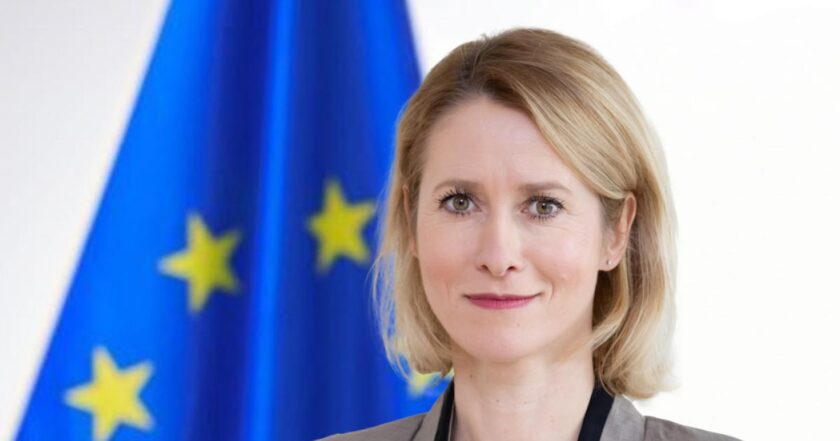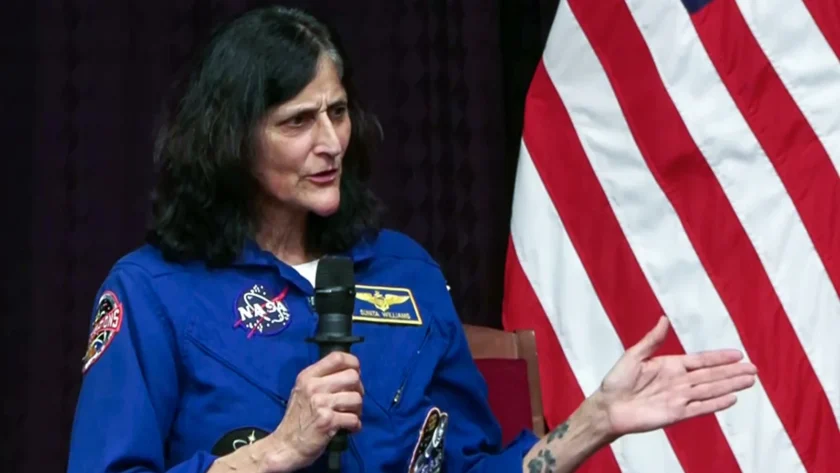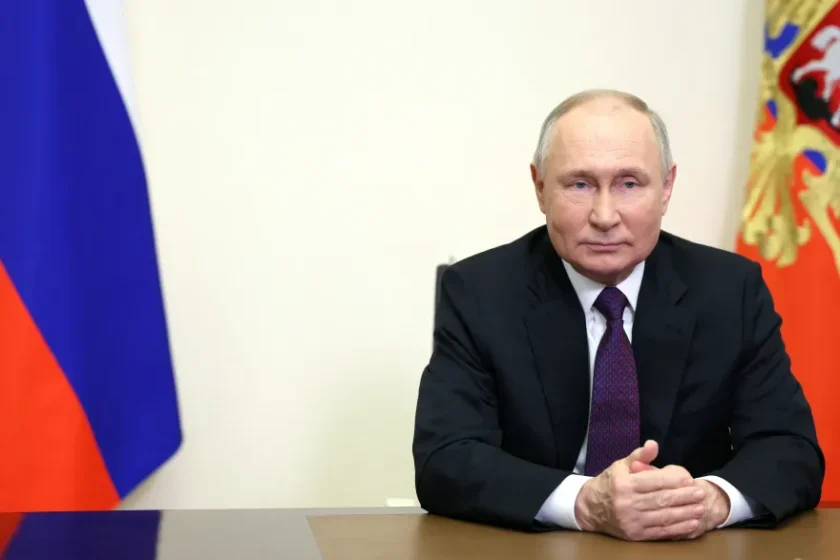New Delhi: At a time when war and violence are threatening the progress of civilization, the ongoing Russia-Ukraine conflict stands as a grim reminder of humanity’s fragility. Thousands have lost their lives, millions have been displaced, and the global economy faces shocks from energy and food shortages. Amid this turmoil, India has reaffirmed its long-held principles of non-violence, disarmament, and peaceful resolution, emphasizing that war can never be the answer.
In a significant diplomatic move, New Delhi has extended an invitation to Ukrainian President Volodymyr Zelenskyy. The gesture signals India’s readiness to play an active role in mediating peace talks between Moscow and Kyiv. If successful, it could mark a turning point not only in the conflict but also in reinforcing India’s position as a credible global peacemaker.

A Strategic Counter to U.S. Pressure
Observers note that inviting Zelenskyy is more than just a peace initiative—it is also a strategic response to mounting U.S. pressure. Washington has attempted to corner India economically through tariffs and other measures, but the Modi government has resisted aligning blindly with any bloc. By engaging both Russia and Ukraine, India has asserted its independent foreign policy, proving that it will not bow to U.S. expectations but will instead chart its own balanced course.
Prime Minister Narendra Modi has consistently reiterated that “this is not an era of war.” Far from being a diplomatic slogan, the statement reflects India’s cultural ethos rooted in Gandhi’s non-violence, Buddha’s compassion, and Mahavira’s doctrine of Ahimsa.
Humanitarian Commitment and Active Diplomacy
India’s peace policy has gone beyond words. During the war, it launched Operation Ganga to evacuate thousands of Indian students and citizens, while also sending medicines and humanitarian aid to Ukraine. Modi remains one of the few world leaders to have maintained direct communication with both Russian President Vladimir Putin and President Zelenskyy.
Last year, Modi became the first Indian Prime Minister to visit Ukraine, following his earlier engagement with Moscow. His consistent call has been clear: peace must prevail, for this is not the time for war but for cooperation and development.

Global Expectations of India
If dialogue between Russia and Ukraine resumes, India could play a decisive role. The world increasingly views India as a trustworthy mediator—large in population and economic clout, but also rich in moral authority. As the land of Gandhi, Buddha, and Mahavira, India’s voice for peace carries unique weight.
India’s approach is not confined to the Ukraine war. From the Israel-Palestine crisis to tensions in Afghanistan and the Middle East, New Delhi has consistently advocated diplomacy over confrontation. At the G20 Summit, Modi urged global leaders to recognize that the poor and developing nations suffer the most from wars, highlighting the urgency of peace-driven solutions.
Reviving Non-Alignment in Modern Times
India’s current stance echoes its historic non-aligned policy. During the Cold War, when the world was divided between U.S. and Soviet camps, India chose neutrality and dialogue under leaders like Nehru, Tito, and Nasser. Today, by resisting pressure to take sides, India is reviving the same Ayudh (non-war) policy—maintaining balanced relations with all while working towards peace.
Despite American and European expectations for India to condemn Moscow outright, New Delhi has held firm to its neutral yet peace-oriented approach. This is why both Russia and Ukraine continue to trust India’s intentions.
A Path Forward
The Russia-Ukraine war has underscored that weapons races and geopolitical rivalries cannot deliver lasting solutions. India’s consistent message—that peace, not war, is the way forward—is shaping its identity as more than just an emerging power. It positions India as a Vishwaguru (global teacher), a nation leading by example in reminding the world that “peace is humanity’s true path, and non-violence its greatest strength.”









